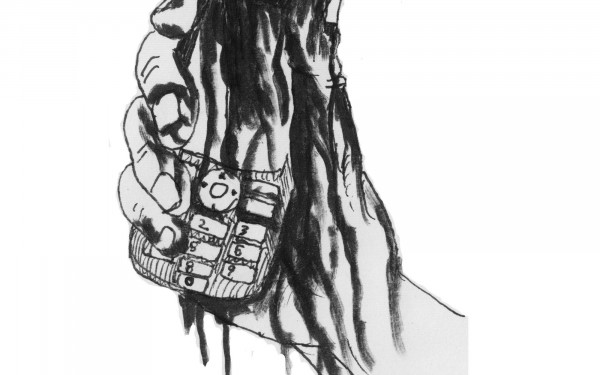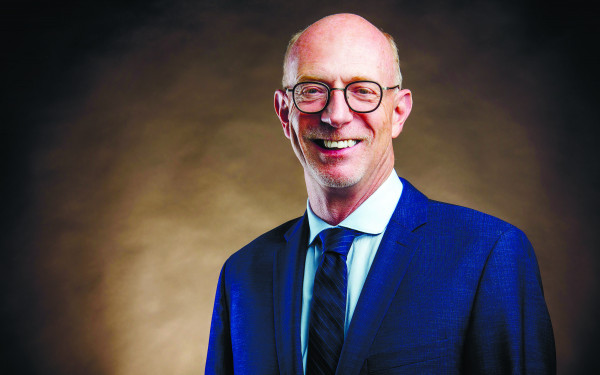Student Union Opposes Conflict Minerals
Minerals Used in Phones, Electronics Often Come From War Torn Congo
The Concordia Student Union passed a motion supporting a petition to make Concordia a conflict-metal-free campus last Wednesday.
The petition, organized by the Concordia Initiative for a Conflict-Free Campus, states that Concordia recognizes the war in the Congo and that the university plays a part in this war by purchasing electronics that contain conflict minerals such as coltan.
Even though alternatives to these products are not yet available, the petition, which is non-binding, states that the University would have interest in purchasing these conflict-free alternatives once they enter the market.
Menachem Freedman, the councillor to motion for the petition to be presented at the CSU meeting, supported the initiative.
“The war in Congo is known as Africa’s first World War,” he said. “There’s been a horrendous amount of violence there […] and we are, in a sense, implicated by the electronics we buy, and the least we can do is support this petition and hopefully it will be signed by the Board of Governors.”
Initiative members plan to present the petition to the Board of Governors in their next meeting on March 31.
Aidan Pine, one of the initiative’s organizers, said that the petition would also state that “[Concordia wants] to help out by taking that power that they have as someone who buys millions of dollars in electronics every year to tell those companies, ‘Hey, I don’t want to buy products that come from conflict areas anymore—I want to buy conflict-free products.’”
Coltan and other minerals used in the production of electronics are known to be major sources of income for the military occupation of the Congo. According to Pine, there are no official records on the exploitation of coltan in the Congo.
“Sixty-four to 80 per cent of the world’s supply of coltan is estimated to be in the Congo,” he said, “but that doesn’t mean we’re using that percentage.”
Pine said that estimates on how much Congolese coltan is used in the manufacturing of electronics are conflicting. “The U.N., for example, will estimate that less than 1 percent [of the coltan we use] is coming from the Congo.”
A second step for Pine would be for the BoG to follow the example of the Arts and Science Federation of Associations, which put forward a motion to amend their purchasing policy with a clause stating that if a conflict-free product does come out, and its price is no more than 10 percent higher than that of the product they were previously purchasing, ASFA is obligated to purchase it within the year.
The initiative will also be hosting the first Concordia International Forum on Conflict Minerals, with the Danish filmmaker of the documentary Blood in the Mobile Frank Poulsen, Canadian MP Paul Dewar (responsible for Bill C-571, the “Trade in Conflict Minerals Act”), Canadian Author of Noir Canada Alain Deneault and Congolese activist Kambalé Musavuli.
The Concordia International Forum on Conflict takes place at the DB Clarke Theatre in the Hall Building, 1455 de Maisonneuve Blvd. W. March 22 , 7 – 10 p.m., free admission

__900_603_90.jpg)

2_600_375_90_s_c1.jpg)

